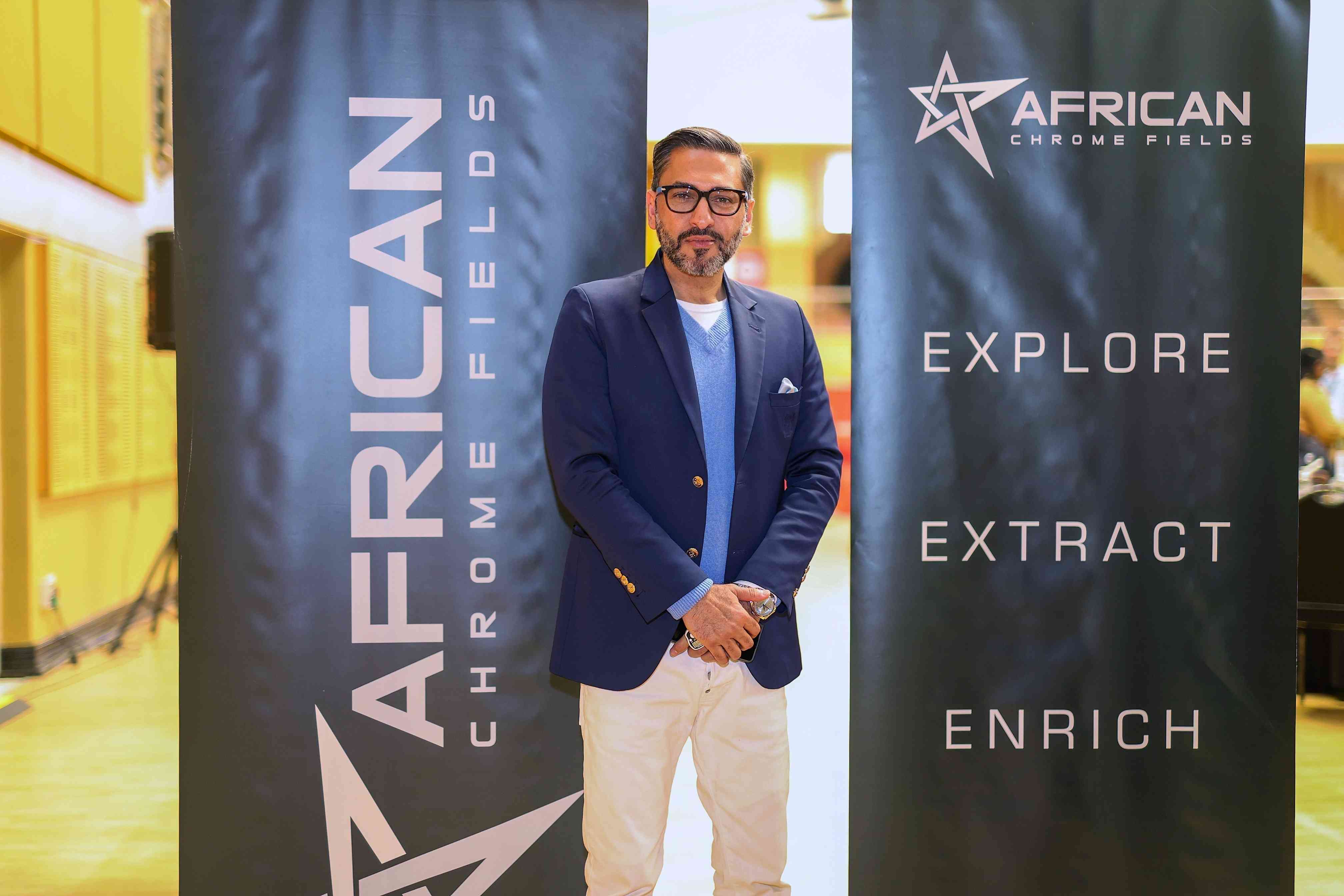
Lessons from Zimbabwe offer a practical roadmap for South Africa in creating an environment that is attractive to investors and conducive to business growth. This is according to renowned businessman Zunaid Moti, who was invited to make the keynote address to an audience of government, industry, and business leaders at the MCCI Energy and Investment Conference 2024 in Middelburg on Thursday.
In his speech, Moti shared pragmatic strategies based on his experiences in launching African Chrome Fields in Zimbabwe, a multi-million dollar mining and mineral beneficiation company that produces some 30,000 tonnes of high-grade chromium concentrate each month, and employs over 600 full-time employees.
One of the key points Moti emphasised was the importance of Public-Private Partnerships (PPPs), stating that this model had been critical in the success of ACF.
“Investors are often reluctant to take money into certain African countries because they fear for the safety of their investment, and whether they will realise the necessary returns. But, by inviting private companies to form partnerships with government and public institutions, we can mitigate risks and maximise the potential of these investments, making them more attractive,” he explained.
For example, South Africa’s government could reduce private investors' exposure by underwriting a portion of investments in public infrastructure projects, such as power plants. In return, private investors could share a part of their investment returns with the government, ensuring mutual benefits for both parties.
Moti further advocated for greater adoption of the Build-Operate-Transfer (BOT) model in South Africa, stressing that it could help facilitate energy transformation, and enable the development of infrastructure projects without placing unnecessary strain on the fiscus.
“The BOT principle has been very effective in Zimbabwe. Put simply, private companies invest the capital, build the infrastructure, operate it for a period, and then transfer ownership back to the government. This model ensures that both parties benefit, and that the public sector gains from the investment.”
Finally, his speech touched on the need for broad-based empowerment. Pointing to flaws in local black economic empowerment programmes, he noted that these programmes have largely benefited an elite few.
- I rejected Zanu PF scarf: Burna Boy
- NMB workers take on employer
- Mbavara eyes to resurrect Matavire’s music legacy
- I rejected Zanu PF scarf: Burna Boy
Keep Reading
“There needs to be greater focus on uplifting as many people as possible at a grassroots level. Additionally, when people invest money into countries like Zimbabwe or South Africa, they want to own 100% of their company – and there’s nothing wrong with that. It’s their money,” he said.
To solve the issue, Moti recounted proposing a unique empowerment initiative to the Zimbabwean government which would allow small-scale miners to participate in the production capacity of his mines. With over 1.6 million small-scale miners in the country who could potentially benefit from his proposal, the Zimbabwean government agreed.
“In exchange for allowing me the opportunity to invest in the country and mine resources there, 25% of the mine’s production capacity now remains available to small-scale miners. These miners bring their raw materials for processing, share some of the profits, and ultimately enhance their income and businesses.
“This means that miners contribute to their own success. We beneficiate the ore and sell the products, ensuring that they receive more income and profits for their work, and the miners are then able to generate the capital needed to buy further tools and equipment to expand their operations.”
This model of empowerment is therefore more sustainable and impactful than the South African approach, creating a sense of ownership among beneficiaries, he argued.
“Empowering people means changing their lives through their own actions, not just giving handouts. By integrating small-scale operators into value chains, we can create a more inclusive economy and support widespread socio-economic development.”
On behalf of Zunaid Moti / Chairman and Country Representative of African Chrome Fields Distributed by Shannon Henning / PR Worx







